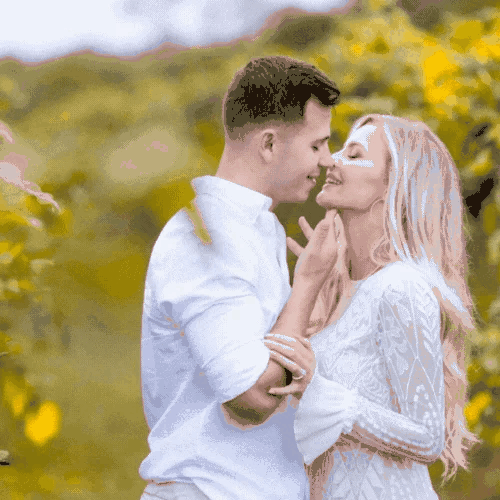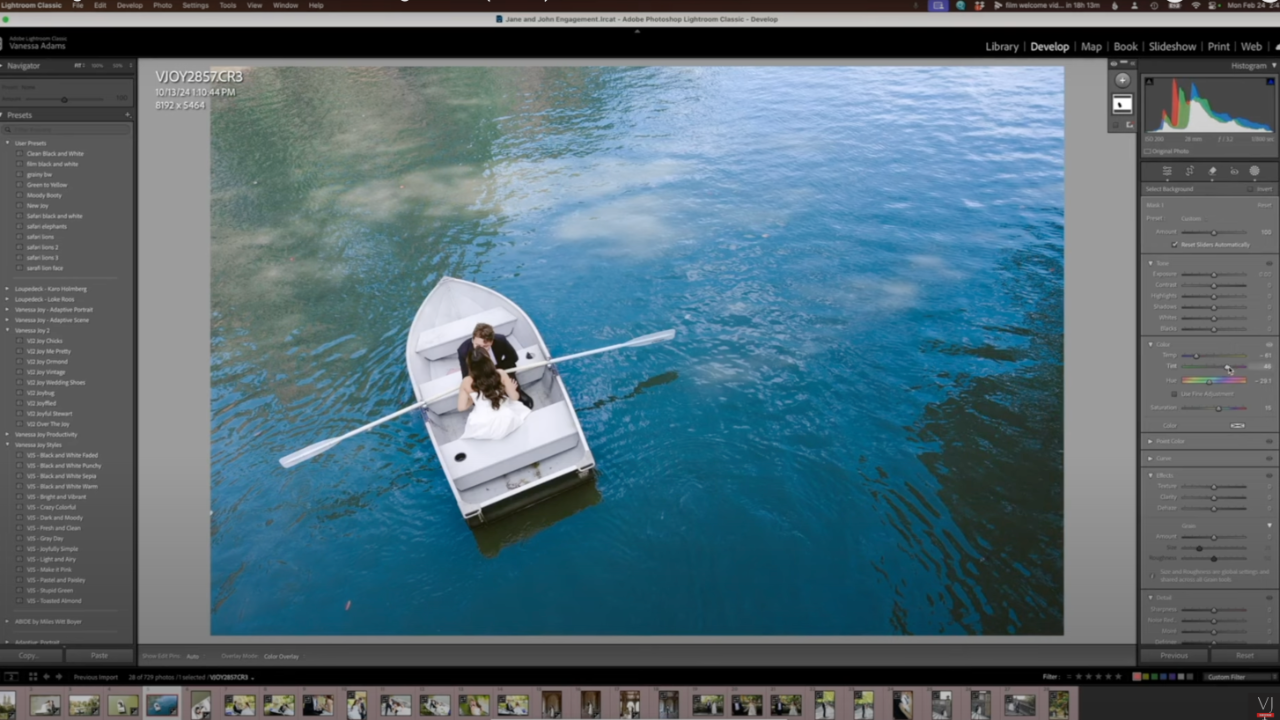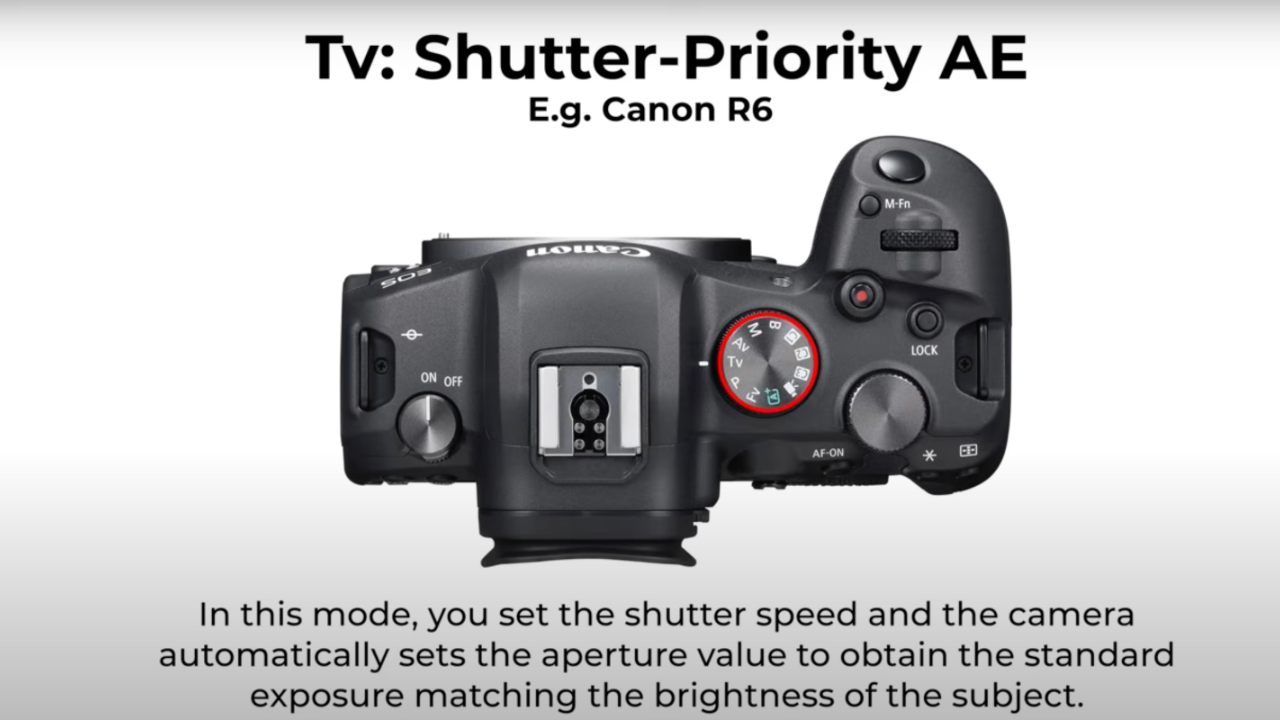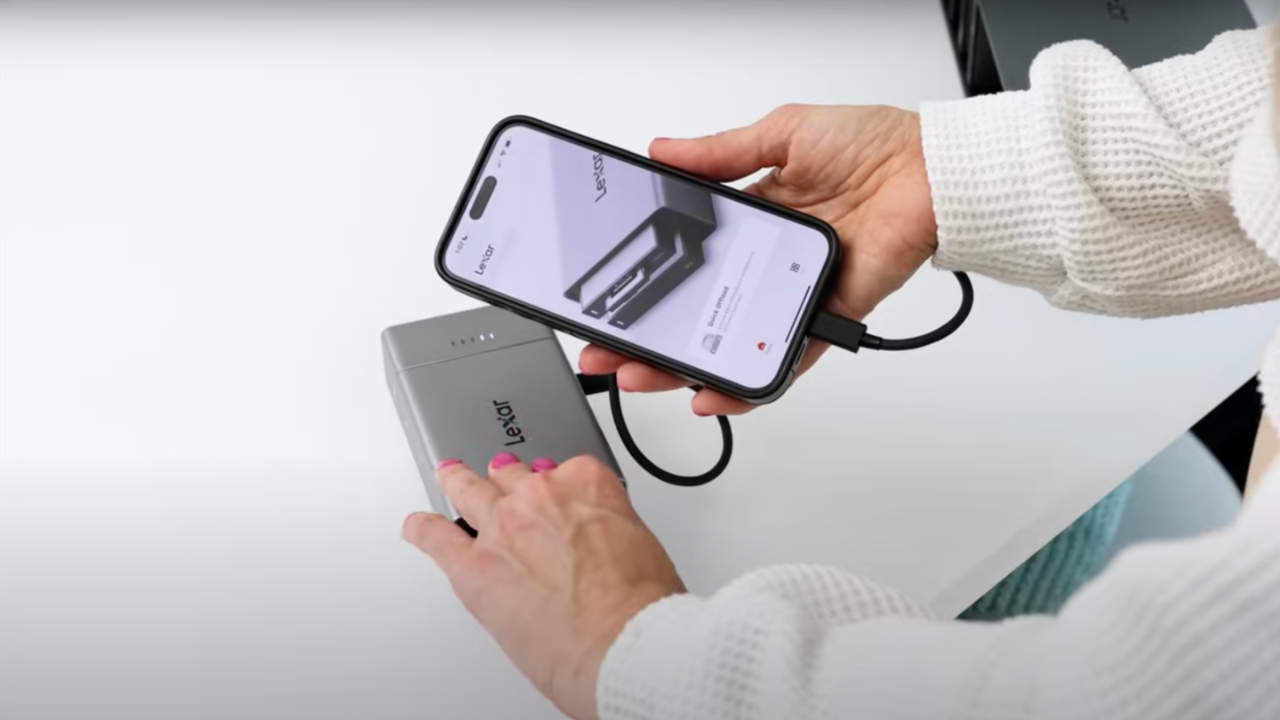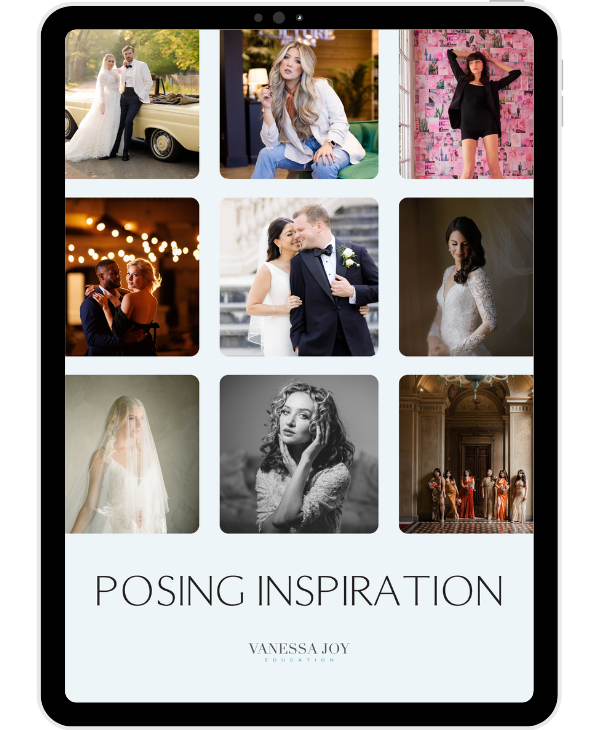why ONE PHOTO was worth $10,000 and yours could be too!

As a wedding photographer, you pour your heart and soul into every image, capturing moments that last a lifetime. But what happens when someone takes those images without your permission? Let me share my story about the time I sued a wedding venue and a magazine for using my work commercially—and spoiler alert, I won.
If you're a photographer, there's a high chance your work has been stolen at some point, even if you’re unaware. Maybe someone reposted it on social media without crediting you, which can be frustrating. We don’t work for exposure, after all. But when another business uses your photos to make money—that’s when things get tricky.
The $100,000 Rule You Might Not Know About
Did you know that you can sue for up to $100,000 if someone uses your photo for commercial purposes without permission? It’s part of federal copyright law. And on top of that, you can seek damages for lawyer fees. This isn’t a minor issue—if someone profits off your work, it's absolutely not okay.
My Case: A Wedding Venue and a Magazine
About ten years ago, while working as a wedding photographer in New Jersey, I was building relationships with vendors. I gave one venue permission to use low-resolution versions of my photos for their website or social media, but I made it clear: if they wanted to use my images commercially, like for ads, they needed to contact me first.
That’s where things went wrong. I discovered that they had used my photo in a full-page ad in The Knot magazine without permission. Not only that, but the magazine itself failed to verify whether they had the rights to use my image.
How I Found Out I Could Sue
I was speaking at Creative Live during Photo Week and met a copyright lawyer who specialized in photography. As I shared my story, he told me I could sue for up to $100,000, plus legal fees. At that point, I hadn’t registered my photos with the copyright office, but he explained I still had a window of about 90 days after the first publication to do so.
If you're a photographer, you always own the copyright to your images. But if you want to sue for substantial damages, you need to register the photo with the government. While this process used to be a nightmare, companies like Rights Click have now made it easier to register your images and protect your work.
How Rights Click Changed the Game
RightsClick, founded by two copyright experts with over 35 years of experience, makes registering your photos fast and easy. It allows photographers to register groups of images, organize their copyright portfolios, and even provides enforcement tools to respond to infringements. Whether you need to send a cease and desist or an invoice, RightsClick has the tools to make copyright management simple.
The Settlement
After sending cease-and-desist letters to both the venue and the magazine, The Knot (owned by Condé Nast) went after the venue. Eventually, I settled out of court for $20,000, which was split with my lawyer. Had I gone to court, I could’ve received more, but the time and headache weren’t worth it.
Unfortunately, this lawsuit damaged my relationship with the venue, even though they tried to make amends by offering to help me book more weddings. They sent me a lead list, but nothing materialized from it. Looking back, while the financial settlement was helpful, the cost to my professional relationship was something to consider.
What You Should Know About Copyrights and Photography
Photographers, you need to protect your work. Some venues and vendors are now trying to have photographers sign over the rights to their photos, claiming that because the photos are taken on their property, they have control over the images. That’s not how copyright law works. Likewise, vendors like florists and makeup artists sometimes try to claim rights to photos that include their work—this too is unenforceable by law.
If you find yourself in a situation where your work is being used without permission, it’s worth standing up for your rights. Copyright law exists to protect creators like us, and platforms like Rights Click make it easier than ever to ensure that we are compensated fairly for our work.
So, what would you do if your photo was used without your permission? Would you sue, knowing the potential professional fallout?

